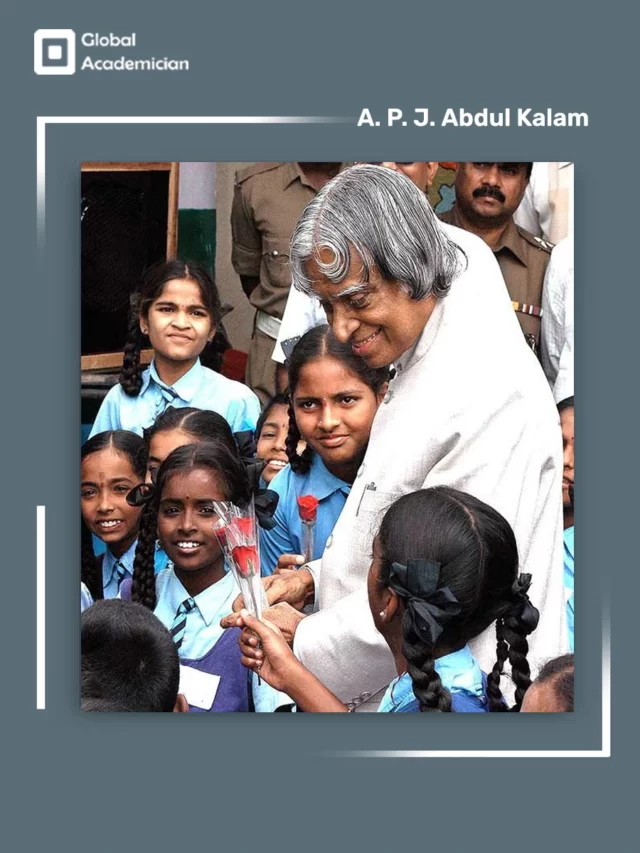National Youth Day in India, celebrated annually on January 12th, marks the birth anniversary of Swami Vivekananda, a revered Hindu monk and philosopher. Known for introducing Indian spirituality to the West, he significantly influenced the Indian independence movement.
National Youth Day in India:
In 1984, the Indian government declared January 12th as National Youth Day to honor Swami Vivekananda’s legacy and recognize the transformative potential of young individuals in shaping India’s future. The day serves as a reminder to the nation’s youth of their role in contributing to societal progress.
Celebrations Across India:
National Youth Day is commemorated with diverse events and activities organized by educational institutions, government agencies, and non-profit organizations. These include:
- Speeches and Seminars: Distinguished personalities share insights into Swami Vivekananda’s life and teachings, motivating and inspiring the youth.
- Cultural Programs: Vibrant music, dance, and drama performances showcase the talents of young individuals, celebrating India’s rich cultural heritage.
- Educational Competitions: Quiz contests, essay writing competitions, and debates encourage critical thinking and intellectual engagement among the youth.
- Social Service Activities: Volunteering opportunities empower young people to engage in community service projects, contributing to societal welfare.
Significance of National Youth Day:
National Youth Day holds immense significance for India, recognizing and celebrating its youth as a major force for the nation’s development. By echoing Swami Vivekananda’s message of hope and empowerment, the day inspires the youth to confront future challenges and actively contribute to building a brighter tomorrow for India.
About Swami Vivekananda:
Swami Vivekananda (January 12, 1863 – July 4, 1902) was a renowned Hindu monk and a key figure in introducing Indian philosophies of Vedanta and Yoga to the Western world. Here are some key aspects of his life and teachings:
- Early Life: Born as Narendranath Datta in Kolkata, India, Swami Vivekananda showed an early interest in spirituality, influenced by prominent mystics and philosophers.
- Meeting Ramakrishna Paramahamsa: In his quest for spiritual knowledge, Vivekananda met the revered saint Ramakrishna Paramahamsa, shaping his worldview through intense spiritual practices.
- Chicago Address: Representing Hinduism at the Parliament of the World’s Religions in 1893, Vivekananda’s famous speech introduced the world to Vedanta and the universality of religions.
- Formation of the Ramakrishna Mission: Founded in 1897, the mission propagated Vedanta teachings, provided humanitarian services, and promoted religious harmony.
- Teachings and Philosophy: Emphasizing the practical application of spiritual knowledge, unity of religions, and selfless service, Swami Vivekananda’s teachings continue to inspire millions worldwide.
- Legacy: Celebrated as National Youth Day in India on his birthday, Swami Vivekananda’s contributions to the integration of Eastern and Western philosophies, emphasis on practical spirituality, and advocacy for social service have left an enduring impact.
Swami Vivekananda’s Contribution to Society:
Swami Vivekananda’s multifaceted contributions have significantly impacted society:
- Advocacy for Religious Harmony: Emphasizing the harmony of religions, he worked towards fostering understanding and tolerance among people of different faiths.
- Education as a Tool for Empowerment: Recognizing the transformative power of education, Vivekananda stressed its importance for all, especially marginalized sections of society.
- Emphasis on Service to Humanity: His teachings on selfless service led to the establishment of the Ramakrishna Mission, engaging in philanthropic activities such as healthcare, education, and relief work.
- Promotion of Yoga and Meditation: Swami Vivekananda played a crucial role in introducing yoga and meditation to the Western world, impacting individuals seeking a holistic approach to health.
- Inspiration for Youth: His emphasis on self-confidence, determination, and responsibility continues to inspire young people to contribute positively to society.
- Address at the Parliament of the World’s Religions: His historic speech in 1893 promoted the acceptance of all religions and contributed to the promotion of interfaith dialogue.
- Encouragement of Women’s Rights: Swami Vivekananda advocated for women’s upliftment, emphasizing education and empowerment in social and national development.
In honoring Swami Vivekananda and celebrating National Youth Day, we reflect on a legacy that transcends time. His teachings, emphasizing the potential of youth and the values of unity, service, and spiritual empowerment, continue to inspire and guide generations.
National Youth Day serves as a poignant reminder for the vibrant youth of India to recognize their pivotal role in shaping the nation’s destiny. As we commemorate this day, let us carry forward the torch of hope and empowerment that Swami Vivekananda ignited over a century ago.
In the spirit of his teachings, let us commit to contributing meaningfully to society, embracing diversity, and working towards a harmonious future. By channeling the energy and enthusiasm of the youth, we can build a brighter and more inclusive tomorrow for India and the world.
To stay ahead and stay informed about the latest educational updates, trends, and insights, we invite you to subscribe to our newsletter and regularly explore our blog. You can also connect with us on our Facebook Page to join our educational community at Global Academician. Join us on these platforms and embark on a journey of continuous learning and knowledge sharing.





